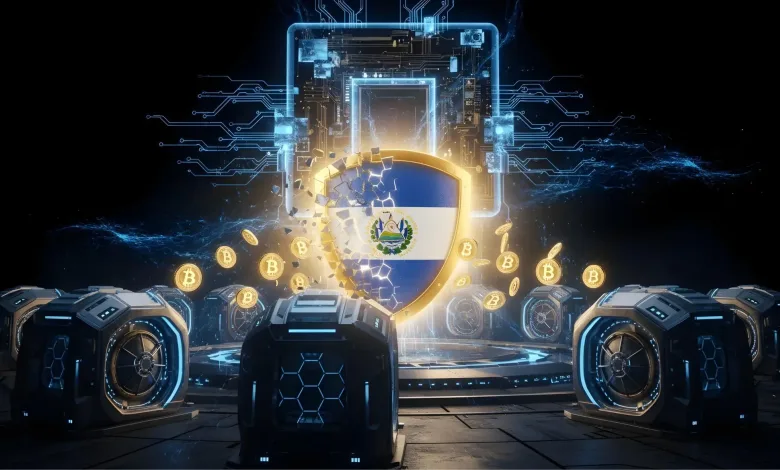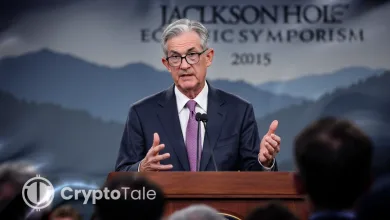El Salvador Strengthens Bitcoin Reserves Against Quantum Threats

- El Salvador redistributes Bitcoin to 14 addresses to mitigate quantum computing risks.
- Splitting Bitcoin reserves reduces exposure by limiting visibility of public keys.
- Quantum computing remains a future threat, prompting proactive measures for security.
El Salvador has redistributed its Bitcoin reserves into 14 new wallet addresses to protect against potential quantum computing threats. The country’s Bitcoin Office confirmed that each new address holds no more than 500 BTC. This move aims to minimize the impact of quantum computing attacks, which could pose a risk to Bitcoin’s cryptographic security in the future. The public keys of Bitcoin addresses are exposed once funds are spent, making them vulnerable to quantum technology if it becomes sufficiently advanced.
Redistribution Strategy and Security Concerns
The transfer of funds into smaller amounts is a strategic decision to reduce exposure. El Salvador’s Bitcoin reserves were previously stored in a single address, which exposed its public key indefinitely. With a visible key, the attackers are left with no time limitations when trying to make a breach. By dividing reserves across 14 addresses, the government limits how much could be lost if any single address were compromised.
The move is also in line with global best practices for digital asset management. Each new Bitcoin address remains secure until transactions are made, which keeps public keys hidden. The government believes this method of management protects against potential threats from quantum computing. Once funds are transferred, the public keys become visible, but the distributed system limits the exposure to only small amounts at a time.
Despite the government’s precautions, experts have stated that quantum computing remains a distant threat. According to Project Eleven, a quantum research firm, quantum computers are not yet capable of cracking Bitcoin’s elliptic curve cryptography (ECC). The company observes that no quantum computer has so far been able to break even a 3-bit key with the Shor algorithm, which would be necessary in attacking Bitcoin keys. Nevertheless, the possible risk of quantum computing has created debates about future-proofing the security of Bitcoin.
Advocates of Bitcoin, such as Michael Saylor, have minimised the threat of quantum computing in the short term. They argue that in case quantum technology advances to the point of compromising the security of Bitcoin, developers will modify the protocol of the network. Saylor also suggests that, similar to other industries, Bitcoin’s infrastructure will be upgraded to combat emerging threats, just as Microsoft and Google continuously update their systems.
Ongoing Developments in El Salvador’s Bitcoin Holdings
In July, the IMF stated that El Salvador had not made any official Bitcoin purchases since February, pointing to internal transfers as the most recent activity. However, the Bitcoin Office has continued to announce new acquisitions. Based on these disclosures, El Salvador’s total Bitcoin holdings are reported at over 6,270 BTC.
Related: IMF Confirms El Salvador Halts New Bitcoin Accumulation
President Nayib Bukele hinted that the volume of Bitcoin in the country’s reserves could potentially reach $1 billion by the end of the year. El Salvador has been determined to keep and control its Bitcoin reserves, even with external criticism. Its decision to divide its Bitcoin reserves demonstrates the progressive use of digital asset security in response to the risks associated with emerging technologies that the country could face.




